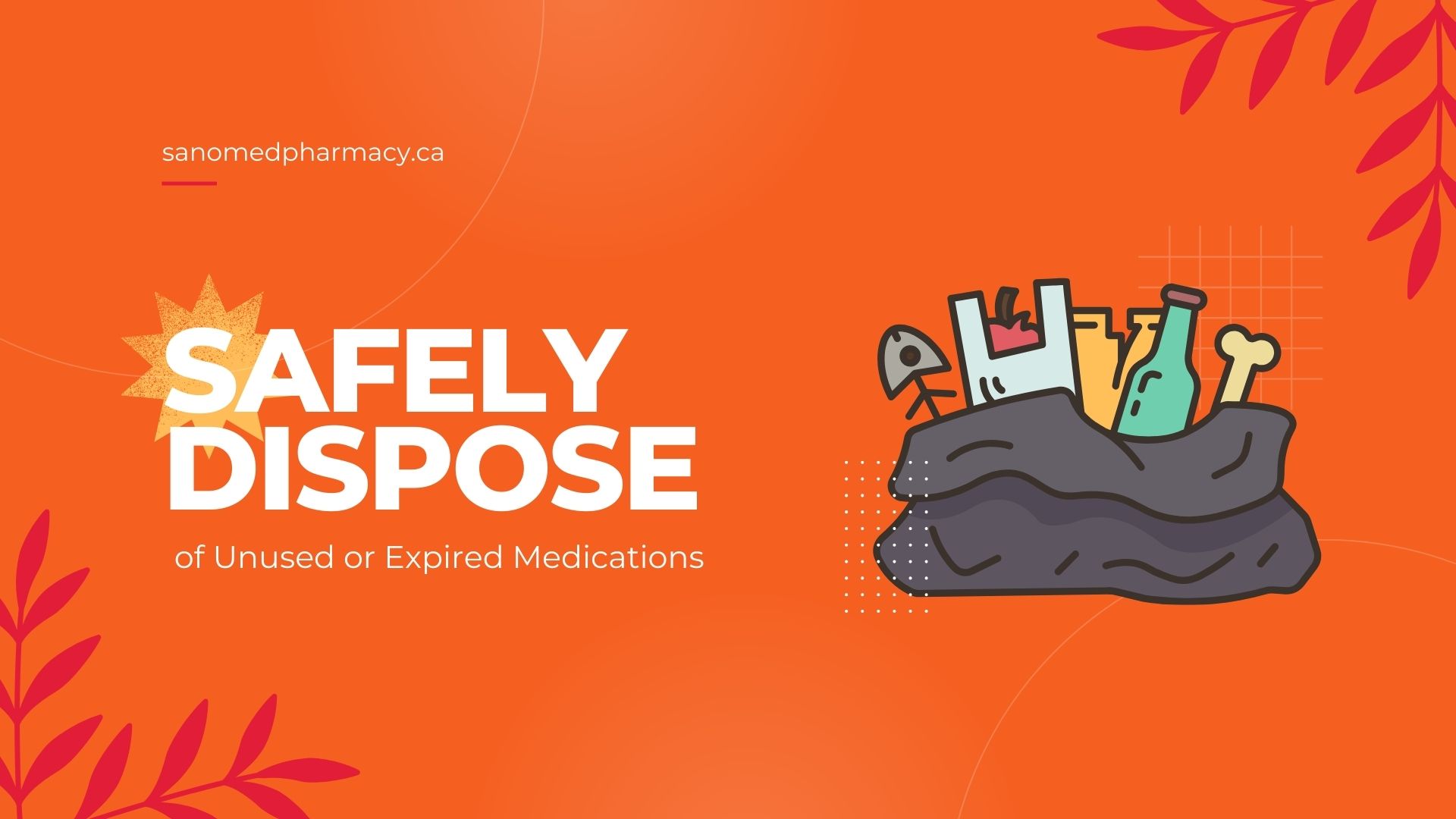Let’s imagine you’re cleaning out your medicine cabinet. You find a bottle of pills that you haven’t used in months, maybe even years. You know you shouldn’t take them, but what should you do with them? Toss them in the trash? Flush them down the toilet?
It’s tempting to just throw them away, but that can be harmful to both people and the environment. Safely disposing of unused or expired medications is crucial, and it’s easier than you might think.
Why Safe Disposal Matters
Imagine if someone, maybe a child or a pet, found those old pills you tossed in the trash. It could lead to accidental poisoning, which can be very dangerous. Or think about what happens when you flush medications down the toilet. Those chemicals can end up in our water supply, affecting wildlife and even our drinking water.
Proper disposal of medications keeps everyone safer—our families, our communities, and our environment.
Simple Steps for Safe Disposal
- Check for Take-Back Programs
The best way to get rid of old medications is to use a drug take-back program. These programs safely collect and destroy medications, so they don’t end up in the wrong hands or in our water. - Use a Medication Disposal Kit
Some pharmacies offer medication disposal kits. These kits allow you to safely dispose of medications at home. You simply mix the pills with the special substance in the kit, which neutralizes the medication, making it safe to throw away in your regular trash. - Disposing of Medications at Home
If you can’t find a take-back program and don’t have a disposal kit, you can still safely dispose of medications at home:- Mix with Unpleasant Substances: Take the medication out of its original container and mix it with something unappealing, like coffee grounds, dirt, or kitty litter. This makes it less likely that anyone will accidentally eat it.
- Seal and Throw Away: Put the mixture in a sealed plastic bag or container, and then throw it away in your household trash. Make sure to scratch out or remove any personal information from the prescription label to protect your privacy.
- Avoid Flushing Medications
Unless the medication label specifically says it’s safe to flush, don’t do it. Flushing can cause harmful chemicals to enter our water supply, which can affect both the environment and public health.
A Real-Life Example: The Danger of Flushing Medications
Consider the story of the small town that noticed fish in their local river were acting strangely. After some investigation, they discovered that people had been flushing medications, and the chemicals were making their way into the water. The fish were absorbing these chemicals, leading to problems in the local ecosystem.
This story is a reminder that our actions, even something as simple as disposing of a pill, can have far-reaching effects.
Protecting Your Community
By following these simple steps, you’re not just cleaning out your medicine cabinet—you’re protecting your community and the environment. Safe disposal of medications is a small effort that makes a big difference.
The next time you come across an old bottle of pills, remember the fish in the river or the curious child who might find those pills in the trash. Take the time to dispose of your medications safely.

